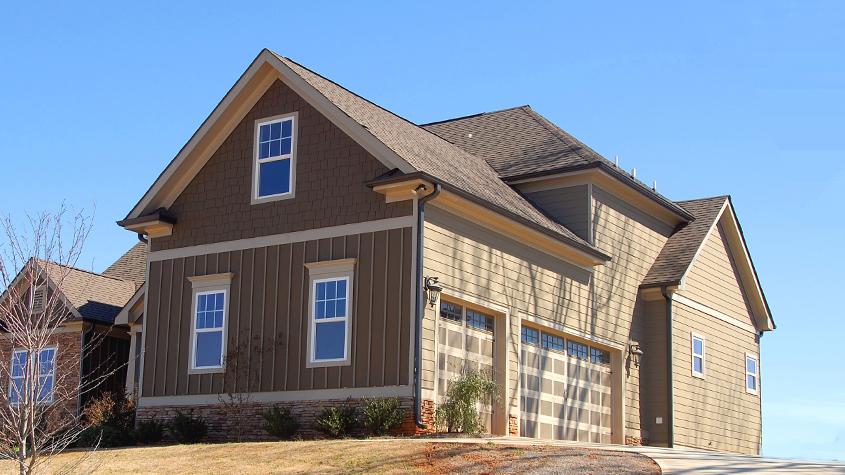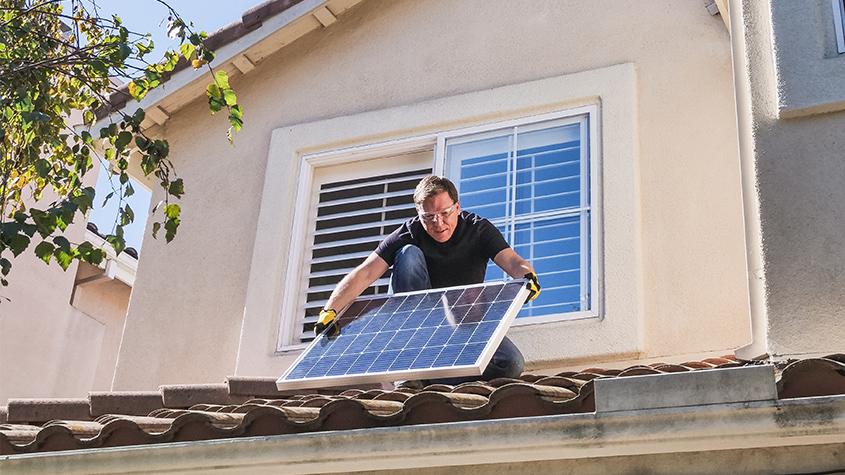If you are building a new home, the lot you choose will impact your budget, lifestyle, and the resale value of your home. Regardless of the type of new construction you are considering, the land beneath the house will make up a percentage of the total cost and value of the home.
Understanding your choices and what they mean in the long run will ensure your dream home is in the ideal spot.
Do you need help figuring out where to begin? Don’t worry! We have put together some quick tips to help you get started.






